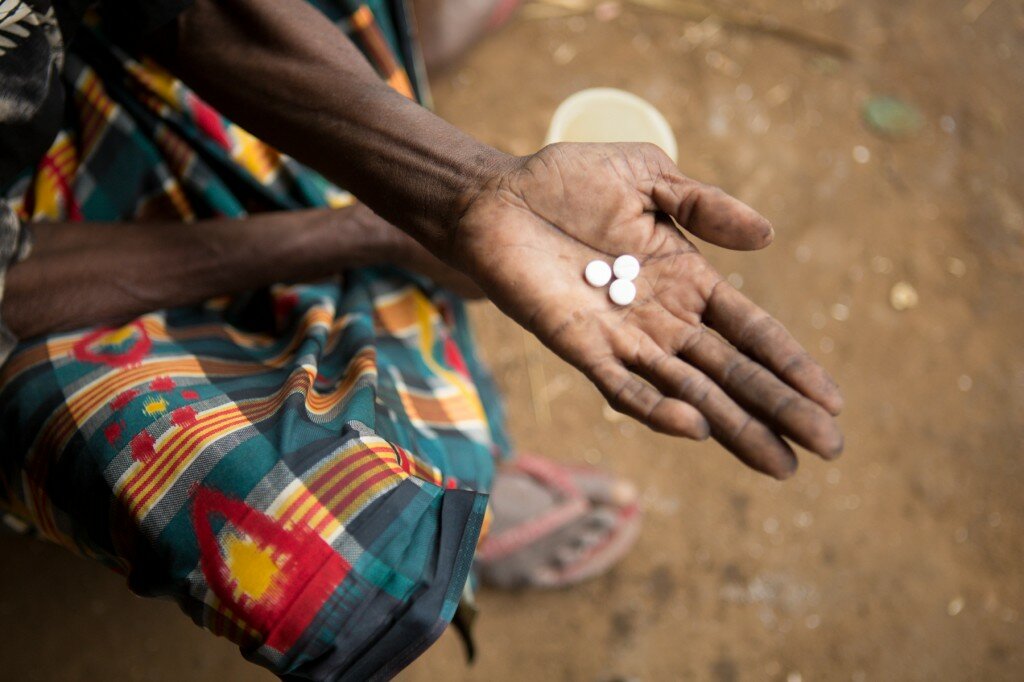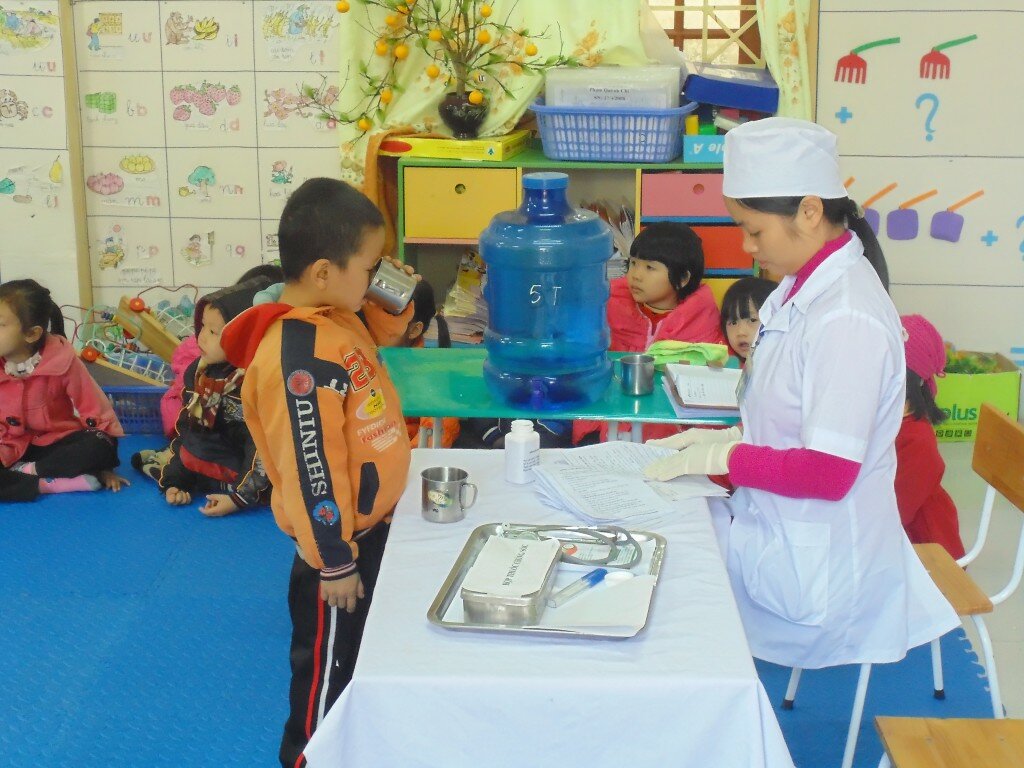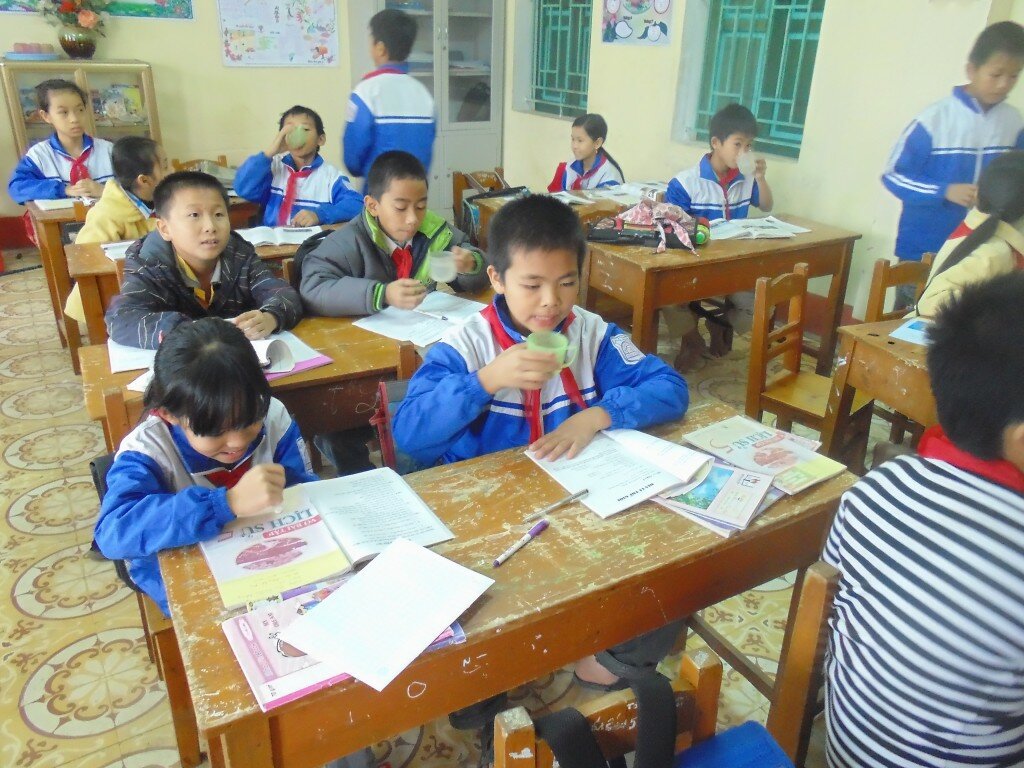On Thursday June 4, Nigeria’s Federal Ministry of Health released, for the first time, comprehensive data on the national distribution of two major neglected tropical diseases (NTDs) — schistosomiasis and intestinal worms. This new information, gathered by the government of Nigeria and a network of partners, found that across 19 states and the Federal Capital Territory (FCT) approximately 24 million Nigerians were at risk for schistosomiasis and 21 million were at risk for intestinal worms. Children between the ages of 5 – 10 had the highest prevalence of infection. The results also showed that men were more likely than females to have one of the diseases.
Nigeria is said to have the highest burden of NTDs in sub-Saharan Africa. While the government and NGO partners have already taken several steps to address the burden of disease, comprehensive epidemiological mapping had not been available until recently. Moving forward, the data gathered from this mapping project will aid the Federal Ministry of Health in planning effective intervention measures for both schistosomiasis and intestinal worms.
People infected with NTDs like schistosomiasis and intestinal worms are often unable to work or attend school – resulting in an endless cycle of economic hardship. Treating these diseases is critical to reducing poverty and boosting economic prosperity. Given the strong association between NTDs and economic development, NTD control and elimination should be considered an important factor in achieving the Sustainable Development Goals (SDGs) in Nigeria. Nigeria’s quest to be one of the 20 major economic players globally by 2020 as captured in it Vision 20: 2020 will depend on a healthy and productive society that does not neglect the less fortunate.
The prevalence mapping survey was completed by analyzing 50 – 55 children from five randomly selected schools in the 19 states and FCT. The Federal Ministry of Health partnered with the Children’s Investment Fund Foundation, Sightsavers, Helen Keller International, DFID and RTI/ENVISION to carry out the survey. Epidemiological data on both diseases were collected using a novel technique; the LINKS system developed by the Task Force for Global Health which uses smart phones for data collection and cloud based data reporting and management.
The results showed an overall prevalence rate of 9.5 percent for schistosomiasis and 27 percent for intestinal worms.
The data gathered from the mapping survey will enable Nigeria to receive the appropriate amount of donated medicines to treat schistosomiasis and intestinal worms, so that they can deliver the medicine to where it is most needed. In addition to providing actionable data, the mapping project helped build and improve the capacity of health workers across Nigeria for the country’s NTD programme. The project also fostered a platform for cross-sector learning and skills sharing, which ultimately improved programme coordination.
Moving forward, the Federal Ministry of Health has recommended that all levels of government (Federal, State and LGAs), NTD partners and other stakeholders — with the cooperation of the communities — scale up uninterrupted provision and administration of appropriate medicines alongside other environmental improvement interventions such as clean water and sanitation provisions. Plans should also be put in place for impact assessment after the third year of consistent Mass Administration of Medicines.
While there is much work to be done, the successful completion of epidemiological mapping for schistosomiasis and intestinal worms is a promising sign. Armed with this information, Nigeria can strategically and effectively scale up their efforts to control and eliminate these debilitating diseases for a more prosperous Nigeria. Nigeria’s new government, led by President Buhari, should take advantage of this cost effective and relatively simple intervention in order to make a tremendous impact on the country’s most vulnerable populations.
Photos provided by Nigeria’s Federal Ministry of Health.






